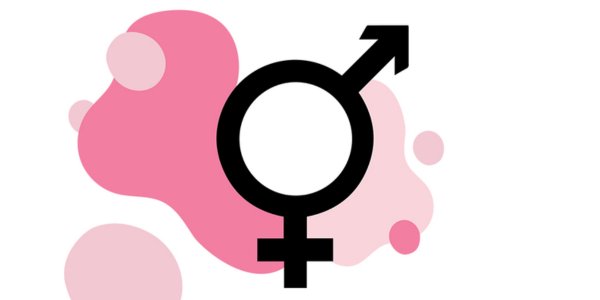Intersex
What It Means to Be Intersex
Defining Intersex in a Modern Context
The term intersex refers to individuals born with physical sex characteristics that don’t fit typical binary definitions of male or female. This can include variations in chromosomes, hormone levels, internal organs, or genitalia.
These differences might be identified at birth, during puberty, or even later in life. Some people live their whole lives without knowing they’re intersex unless medical testing is done.
Biological Diversity Beyond Binary Labels
Intersex is not a gender identity or sexual orientation—it’s a natural variation in human biology. While society often views sex as binary, intersex individuals challenge that narrow framework by existing somewhere in between or entirely outside it.
These variations are more common than most realize. Estimates suggest that as many as 1 in 2,000 babies are born intersex. Some forms are visible at birth, while others may not become apparent until hormonal shifts happen later in life.
Navigating Identity and Autonomy
Historically, many intersex people underwent non-consensual surgeries as infants to “normalize” their bodies. Today, there’s growing advocacy for bodily autonomy—allowing individuals to decide if and when they pursue medical interventions.
Legal and healthcare systems are beginning to adapt, though progress is uneven. Some countries now recognize intersex as a legal sex marker, offering more inclusive documentation options.
What matters most is respect. Intersex people, like anyone else, deserve accurate representation, medical transparency, and the freedom to define their identity on their own terms.
FAQ
Are intersex and transgender the same?
No, they’re not the same. Intersex relates to biological sex characteristics, while transgender refers to a person’s gender identity not matching their assigned sex at birth.
Can an intersex person get pregnant or make someone pregnant?
It depends on the specific traits they have. Some intersex individuals may have functional reproductive organs, while others do not.
How is intersex different from being nonbinary?
Intersex is a physical trait. Nonbinary is a gender identity. An intersex person may identify as nonbinary, but the two terms refer to different aspects of identity.
Do intersex people need surgery?
Surgery is not medically necessary for most intersex variations. Increasingly, experts recommend avoiding non-consensual surgeries unless there’s an urgent health concern.
Is being intersex considered a medical condition?
Not in the traditional sense. Being intersex isn’t an illness—it's a natural biological variation. Medical attention may be needed, but not because the person is "sick."
















